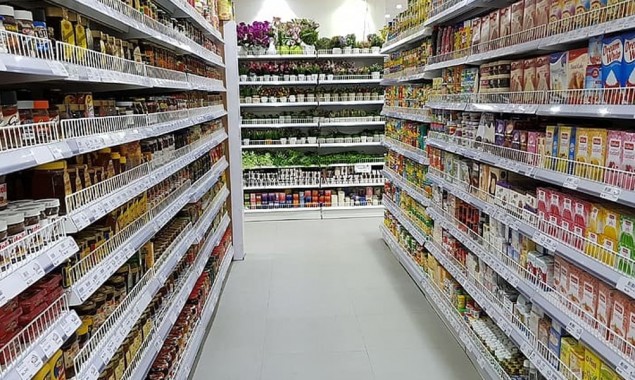
The food import bill in the first seven months of 2020-2019 stood at $4.64 billion with an increase of 51.9 per cent over the previous year following increased in the trade deficit more than expected.
According to the data compiled by the Pakistan Bureau of Statistics (PBS), the share of food items in the total import bill has gone up from 11.16 per cent to 15.84 per cent last year, forcing the country to rely on imports to ensure food security.
It is believed that the prices of some products in the international market are falling which will lead to a reduction in import inflation in the country.
However, the trade deficit is widening as the country’s gross import bill has been rising since November 2020, mainly due to an increase in the food import bill. Reached .3 27.31 billion in the same months last year.
The food and beverage import bill for all products, during the review, indicated an increase in its value and quantity, which is a clear indication of a shortage in domestic production.
The major contributors to the Food Group’s imports were wheat, sugar, edible oil, spices, tea and pulses. Edible oil imports, in terms of quantity, price and price, showed a significant increase during this period.
In the first seven months of this year, palm oil imports rose 36.59 per cent to $1.3 billion from $1 billion in the same period last year. Palm oil imports rose 9.7 per cent.
The price of vegetable ghee and cooking oil for domestic consumers has gone up in the last few months. The Finance Ministry has already directed the Ministry of Industry to take action against oil producers to control prices for domestic consumers. Raise this issue together.
However, soybean oil imports increased by 10.39 per cent and prices by 13.96 per cent, respectively.
In the first seven months of this year, Pakistan imported more than 2.9 million tonnes of wheat worth $794.59 million, compared to no imports last year.
The federal government has also hinted at creating buffer stocks on more wheat imports to avoid shortages in the local market.
Similarly, in the first seven months of this year, sugar imports stood at 278,482 tonnes as against 3,744 tonnes last year, an increase of 7,338 per cent. The purpose of importing sugar was to reduce its price in the local market so that supply And to bridge the demand gap.
The Economic Co-ordination Committee of the Federal Cabinet has approved the import of 500,000 tonnes of refined sugar and 300,000 tonnes of raw sugar to sugar millers to carry overstock in the country.
Tea imports increased by 22.17% during the first seven months of this year while spices increased by 30.56%.
Read more: We will use all resources to reduce food prices, says PM
The main reasons for this increase are the reduction in imports of these products under transit trade and control of smuggling in border areas.
The import bill for pulses, dried fruits, dairy products and other food items has risen sharply in recent months.
Read More News On
Catch all the Business News, Breaking News Event and Latest News Updates on The BOL News
Download The BOL News App to get the Daily News Update & Follow us on Google News.




